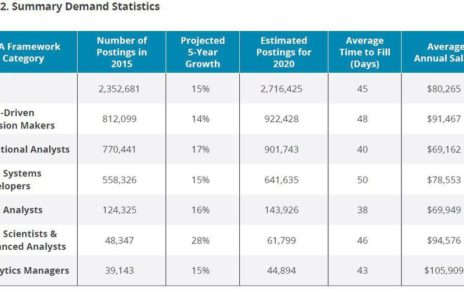Watson is a cognitive computing system that understands natural language. The computer is designed to have the same learning process as humans. Watson has applications across multiple disciplines, including Watson for Clinical Trial Matching, Watson for Oncology, Watson Discovery Advisor, Watson Explorer, Watson Engagement Advisor, Watson Analytics and Watson Curator.
Imagine using Watson analytics capabilities to consider all of the prior cases, the state-of-the-art
clinical knowledge in medical literature and clinical best practices to help a physician advance
a diagnosis and guide a course of treatment.
–Sam Nussbaum, M.D., WellPoint’s Chief Medical Officer
- With Waston health analytics, health care providers can develop new strategies to care for patients before it is too late, which reducing the number of unnecessary hospitalizations. It improves the health of patients while decreasing the costs of care and winning solutions use a combination of several predictive models.
- The large scale healthcare analytical platform, retrieve both structured and unstructured electronic health records and extracting the relevant information for patient representation.
- Watson quickly matches patients to clinical trials, identify all the relevant clinical attributes needed to search across clinical trials for a disease and provide an ordered list of relevant clinical trials with the degree of match.
- Watson facilitating medical school problem-based learning methods which gives medical students and doctors easier insight into data to inform their diagnoses and decisions.
- IBM Watson Genomic Analytics Identify patterns in genome sequencing and medical data to unlock new insights such as mutations, gene expression, tumor heterogeneity, etc.
- IBM Waston oncology platform help oncologist to develop better individualized cancer treatment plans.
In short, Watson’s insights could allow providers in multiple specialties to pursue more personalized approaches to patient care.




